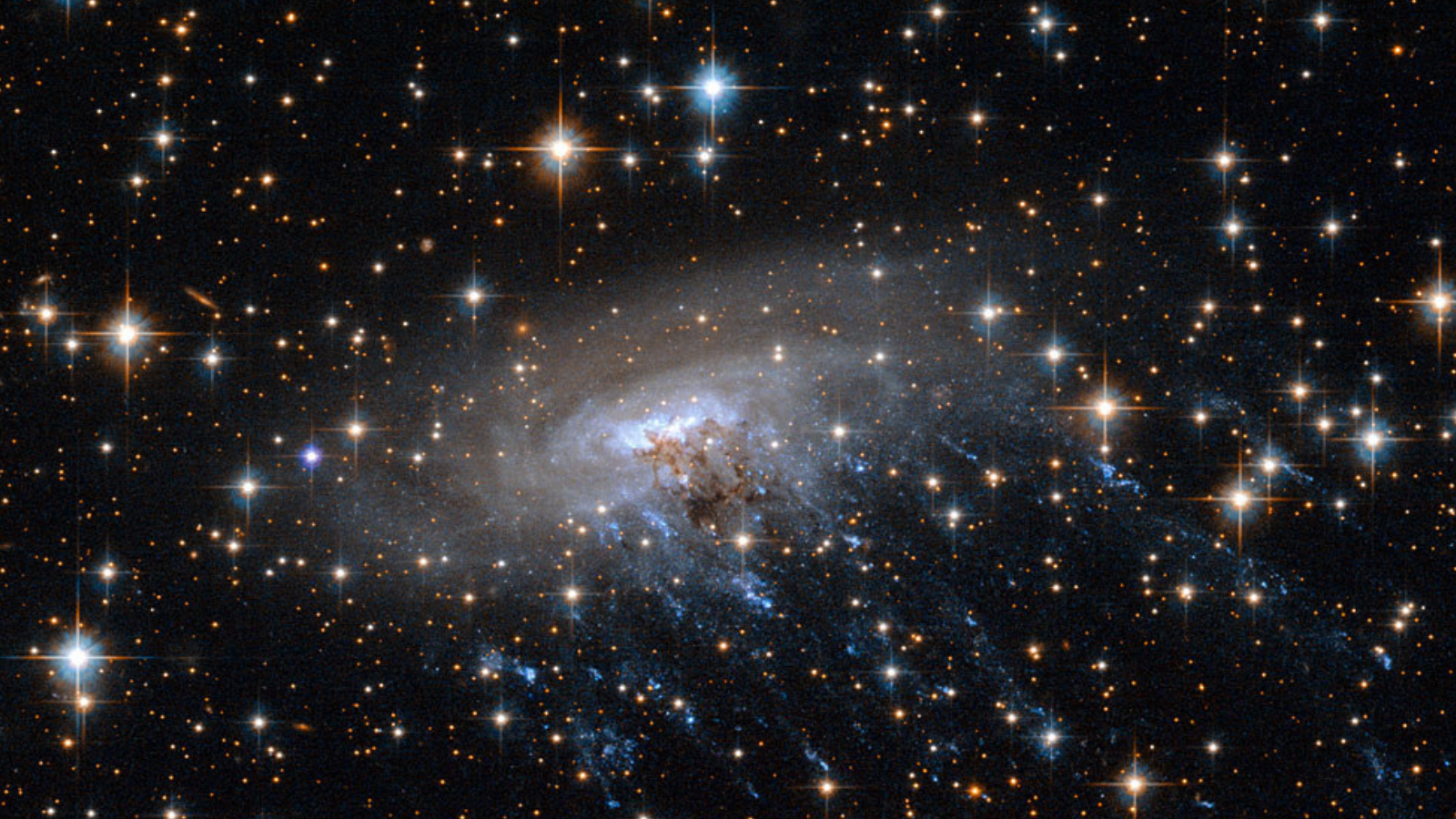Personal Spaceflight Leaders Eye New Federation
Breaking space news, the latest updates on rocket launches, skywatching events and more!
You are now subscribed
Your newsletter sign-up was successful
Want to add more newsletters?

Delivered daily
Daily Newsletter
Breaking space news, the latest updates on rocket launches, skywatching events and more!

Once a month
Watch This Space
Sign up to our monthly entertainment newsletter to keep up with all our coverage of the latest sci-fi and space movies, tv shows, games and books.

Once a week
Night Sky This Week
Discover this week's must-see night sky events, moon phases, and stunning astrophotos. Sign up for our skywatching newsletter and explore the universe with us!

Twice a month
Strange New Words
Space.com's Sci-Fi Reader's Club. Read a sci-fi short story every month and join a virtual community of fellow science fiction fans!
Space entrepreneurs that envision a flourishing public spacetravel market want to create an industry association to ensure that publictreks into space are not only safe, but also help grow the personal spaceflightindustry.
This new "Personal Spaceflight Federation" would help shapeand uphold standards and processes. As a first action item, the group would setup a "Voluntary Personal Spaceflight Industry Consensus Standards Organization"-- an effort to establish Industry Consensus Standards to implement theCommercial Space Launch Amendments Act of 2004.
That bill authorizes the Department of Transportation's(DOT) Federal Aviation Administration (FAA) to grant permits to privatespaceship operators to fly customers into space.
Passed by Congress and signed by President Bush in December2004, the Act empowers the government to provide for the safety of theuninvolved public through launch licensing, as well as establish IndustryConsensus Standards to provide for the safety of passengers and crew thattravel on commercial spaceships.
Publicbelief
Market studies focused on personal space travel have found astrong and consistent demand for commercial space travel - when such treksbecome publicly available.
Indeed, several new U.S. companies are developing thepassenger-carrying spaceships to meet the expected demand for human suborbitaltravel. In addition, British airline mogul, Richard Branson, has created VirginGalactic - a business venture to sell suborbital space rides on a fleet ofprivate spaceships in just a few years.
Breaking space news, the latest updates on rocket launches, skywatching events and more!
General public belief that such flights are feasible washeightened last year by the repeated runs of SpaceShipOnein the Mojave, Californiadesert. Those suborbital trips included back-to-back missions to the edge ofspace to snag the coveted $10 million Ansari X Prize.
The group of space entrepreneurs believe that adherence tonew and rigorous safety standards that go beyond the letter of the law will beessential to promote the safety and growth of the industry. At the top of thefederation's to do list is focusing on standards and procedures in areascritical to vehicle safety, medical requirements, and training for passengersand crew.
Short duration spaceflight
"Just as the personal computer revolution dramaticallyincreased performance
and lowered the cost of computing, the market for Personal Spaceflight promisesto transform the economics of space operations," said Gregg Maryniak,Executive Director of the X Prize Foundation in St. Louis, Missouriand spokesperson for the new Personal Spaceflight Federation.
"Ibelieve that commercial suborbital flight is an arena in which the governmenthas little experience. Most of the expertise resides in the private sectorand I hope that the Department of Transportation/FAA will allow the industry toestablish a set of proposed standards that can be voluntary submitted,"explained Peter Diamandis, Chairman of the X PrizeFoundation.
Diamandistold SPACE.com that the risk for themedical aspects of personal spaceflight must be transferred to the passengerand the spaceflight operator.
"I would beagainst a set of medical requirements which were overly strict. The reason wehave focused on creating commercial suborbital flight is because it is a typeof spaceflight that everyone who desires should be able to enjoy," Diamandis advised.
"Suborbitalflight is short in duration making it relatively resistant to space motionsickness, allows for simplified robust life support systems, and relativelybenign acceleration environments," Diamandisconcluded.
Who'swho?
The space entrepreneurs working to create the new federationalready includes a virtual "who's who" of private rocketeers,
Membership includes: John Carmack,Armadillo Aerospace; Burt Rutan, Scaled Composites; Elon Musk, SpaceX; Alex Tai,Virgin Galactic; Jeff Greason, XCOR; Peter Diamandis, X Prize Foundation; Gary Hudson, t/Space/HMX;George French, Pioneer Rocketplane; Stuart Witt,Mojave Spaceport, Eric Anderson, Space Adventures, and Michael Kelly, Chairmanof the Reusable Launch Vehicle (RLV) Working Group of the Commercial Space Transportation Advisory Committee (COMSTAC), established in 1984within the U.S. Department of Transportation.
Membership in the proposed federation would be open to all U.S. non-profitand commercial entities developing suborbital commercial passenger travel,according to a Federation press release issued today.

Leonard David is an award-winning space journalist who has been reporting on space activities for more than 50 years. Currently writing as Space.com's Space Insider Columnist among his other projects, Leonard has authored numerous books on space exploration, Mars missions and more, with his latest being "Moon Rush: The New Space Race" published in 2019 by National Geographic. He also wrote "Mars: Our Future on the Red Planet" released in 2016 by National Geographic. Leonard has served as a correspondent for SpaceNews, Scientific American and Aerospace America for the AIAA. He has received many awards, including the first Ordway Award for Sustained Excellence in Spaceflight History in 2015 at the AAS Wernher von Braun Memorial Symposium. You can find out Leonard's latest project at his website and on Twitter.
